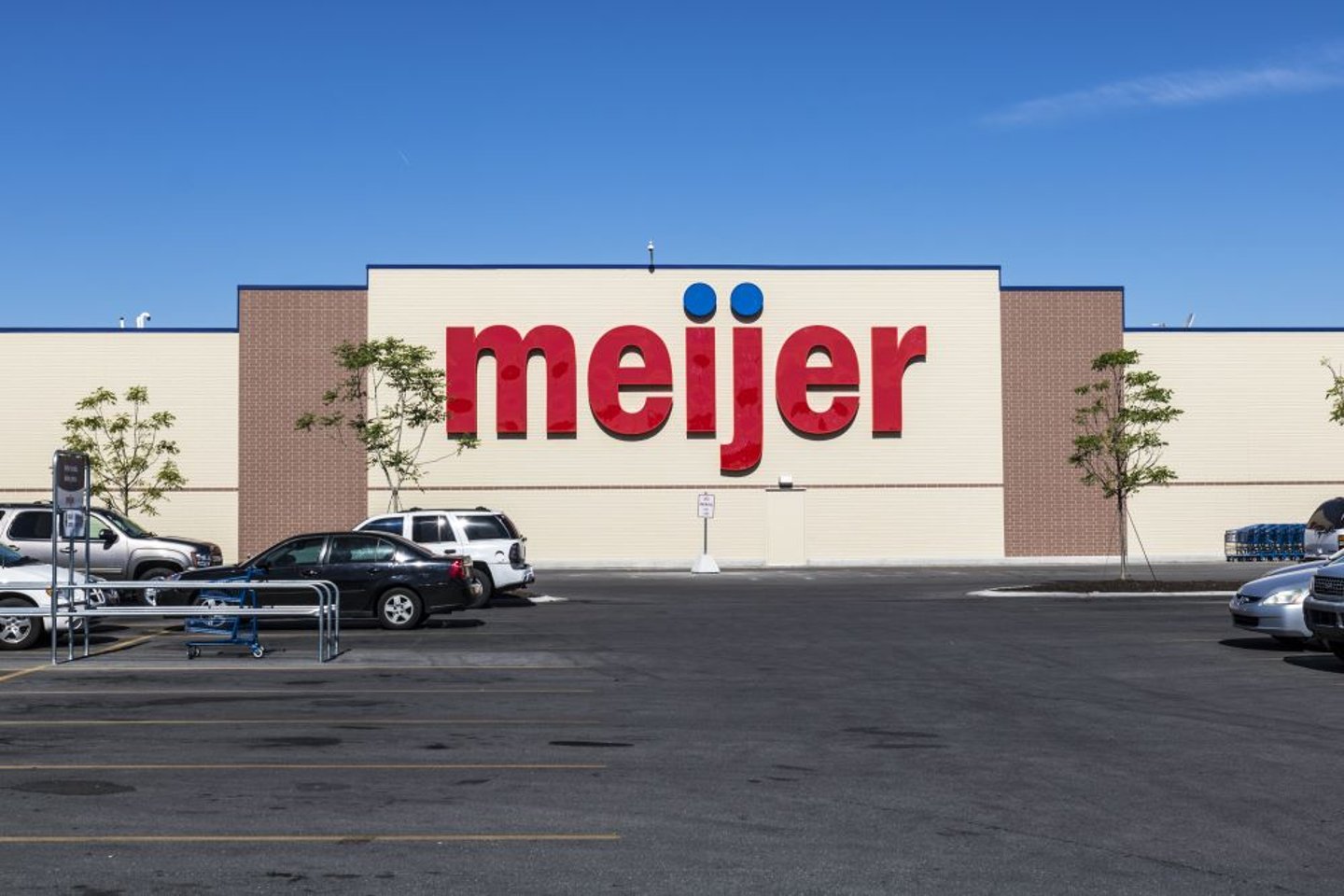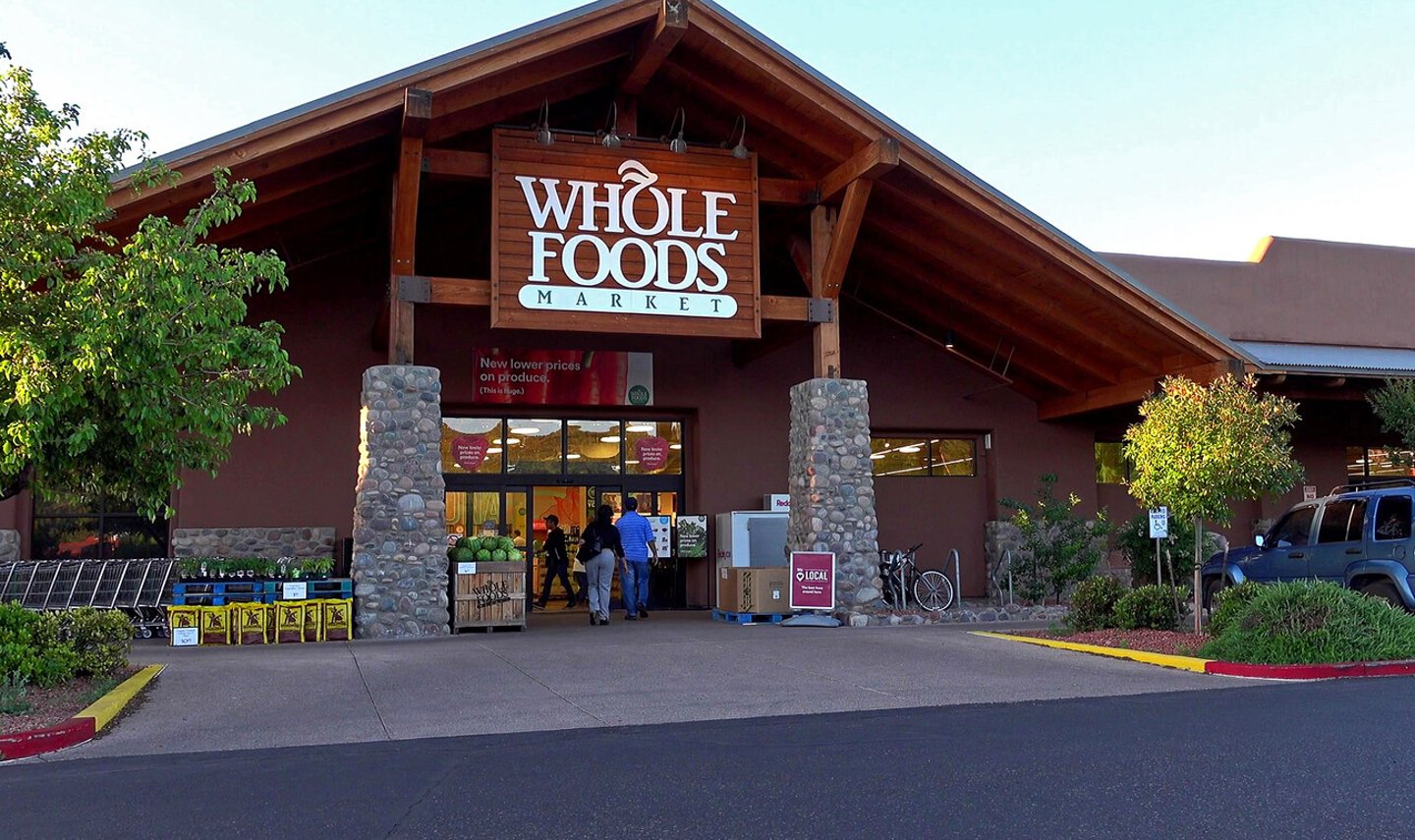THE FRIDAY 5: Meijer, Target Growing; Hitting the Road With Whole Foods Market
Welcome to The Friday 5, Progressive Grocer’s weekly roundup of the top news and trends in the food retail industry. Each Friday, we’ll take a look at the stories that are most important to our readers and also keep tabs on the trends that are poised to impact grocers.
1. Keeping Tabs on Store Openings
New store openings garnered most of PG readers’ attention this week. Midwest retailer Meijer is expanding its footprint in Ohio and Michigan, unveiling two 159,000-square-foot supercenters in the towns of Alliance and North Canton, Ohio, on May 14. A location of the same size will also open that day in Hillsdale, Mich.
U.S.-based specialty grocery retailer Maison Solutions Inc., meanwhile, is growing in Arizona following the acquisition of a limited liability company and the company’s wholly owned subsidiary Lee Lee Oriental Supermart Inc. The three-store supermarket chain operates under the Lee Lee International Supermarket banner in the greater Phoenix and Tucson metro areas.
While not yet a mainstay throughout the United States, Lee Lee is the largest international market chain in Arizona. Its locations offer high-quality products from more than 30 countries and regions. Since its formation in 2019, Maison has acquired equity interests in four traditional Asian supermarkets in the Los Angeles area, which the company operates under the HK Good Fortune banner.
Finally, Target’s ambitious growth strategy also garnered clicks, with the retailer sharing that it will open five stores on April 14 in California, Connecticut, New York, New Jersey and Utah. The move is part of a broader growth strategy, which will see Target open more than 300 stores over the next 10 years.
2. An Inside Look at Walmart’s Adaptive Retail
Walmart unveiled its adaptive retail strategy earlier this year, and the company’s chief merchant and EVP, Latriece Watkins, spoke with PG about how things are moving along. According to Watkins, Walmart plans to continue to leverage its momentum in grocery “by working to understand customers’ evolving needs and innovating. This includes bringing innovation to our assortment in terms of quality and convenience, but also elevating the customer experience through technology.”
In its most recent fiscal quarter, the retailer topped $100 billion in e-commerce sales for the first time as large numbers of shoppers used curbside pickup and placed grocery delivery orders. The company’s digital strategy has focused on improving customer-facing initiatives in stores and clubs and creating a seamless omnichannel experience for customers, and, as such, the company has allocated more capital to supply chain, omni initiatives, technology and store remodels. This investment includes the creation of a Walmart Global Tech division, which employs more than 28,000 associates globally and includes businesses such as Walmart Luminate, GoLocal and Walmart Data Ventures.
Since Walmart has heavily invested in omnichannel and e-commerce innovation, Watkins shared that AI, generative AI and AR innovations will supercharge the retailer’s grocery strategy further.
As for the retailer’s path forward, CEO Doug McMillon shared earlier this year at CES that Walmart is taking a nuanced approach. “It’s one where the benefits of technology are pursued, but people are considered along the way. This is by our heads and our hearts. The underlying principle is that we should use technology to serve people, and not the other way around. This path enables people to do things in more efficient and enjoyable ways.”
3. PG Hits the Road With Whole Foods
PG Editor-in-Chief Gina Acosta had the opportunity to walk the floor of the recent Natural Products Expo West, “the Super Bowl of food shows,” in Anaheim, Calif., with Whole Foods CEO Jason Buechel to learn how the leader of the iconic retailer judges the buzziest new products that may, or may not be, perfect for Whole Foods Market’s shelves.
While visiting with Nana Joes Granola, a handmade granola purveyor based in Northern California, and a company that Buechel visited several years ago to get a “crash course in granola making” as part of the Whole Conversations Tour, the executive shared why the granola is a great product for Whole Foods.
“The number one thing I would say is the differentiation is outstanding. One of the things that I really don't like with granola is many of them have a lot of sugar. We really look at the nutrition panels. I actually like making my own granola because you can make it so much healthier. The problem is it's time-consuming,” Buechel shared. “And so finding a product that actually has clean ingredients, the Nana Joes label is impressive. But I also love that there's a decadence to what they do as well. This can be a dessert, it’s so good. And they do special seasonal flavors as well that are just outstanding.”
Continued Buechel: “It just aligns so well with the current diet trends that are all about clean label. They have all of these unique flavors but without a lot of sugar or other ingredients. Nana Joes really is in a category by itself with granola. …We merchandise it with the rest of the granola but it’s also cross-merchandised across the store.”
4. Weis Takes the Salad Bar to the Next Level
Weis Markets and Picadeli made waves this week as the grocer installed two new high-tech salad bars at locations in York and Bellefonte, Pa. The partnership includes plans to expand to six additional Pennsylvania and Maryland stores in the next few months.
Picadeli’s innovative salad bars offer such elevated options as plant-based proteins, grains, seafood and seasonal specialties. They also feature digital signage and touchscreens to display the nutritional value of all ingredients, as well as temperature-controlled food compartments that ensure optimal food safety and reduce waste.
5. Grocers Face the Law
In what would be a first if passed, politicians in San Francisco proposed a regulation that would allow consumers to take legal action against grocers who abruptly shutter their business. The ordinance put before the San Francisco Board of Supervisors on April 2 amends the police code and would require large supermarkets to provide six months notice to the city and their customers before closing.
The ordinance was introduced by two city supervisors, Dean Preston and Aaron Peskin. They contend that sudden closings restrict food access for vulnerable residents and also cause hardship for employees.
Elsewhere this week, news and social media pages lit up with word that customers of Walmart can get up to $500 in cash as part of a settlement in a class action lawsuit. The case was first filed in Florida in 2022, with plaintiffs and attorneys alleging that Walmart inflated the prices of some weighted products, including certain fresh fruit and meat items.
The retail giant settled the suit for $45 million but publicly denied the allegations and maintains that it did nothing wrong. The parties reached the agreement to avoid the risks and cost of further litigation. Shoppers who purchased the weighted products at Walmart stores in the United States and Puerto Rico between Oct. 19, 2018 and Jan. 19, 2024 are entitled to submit a claim between now and June 5.







